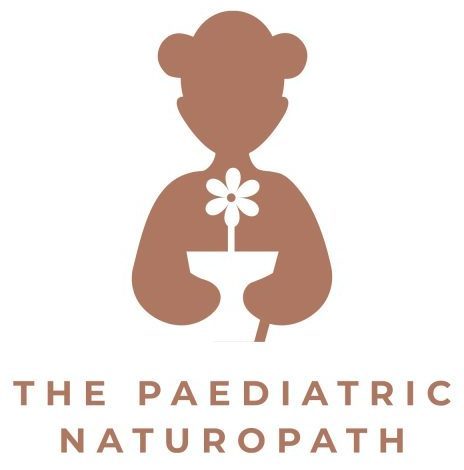Everyone knows that calcium is good for bones.
It has been drummed into us that dairy foods is where we get our calcium from.
There are a few issues with that.
Firstly, lots of people can’t tolerate dairy. They may have a full blown allergy, or they may have an intolerance. Lots of children find that symptoms of asthma and eczema disappear, simply by removing dairy from the diet.
Another problem is that having too much dairy can actually make your bones weaker, not stronger. Scientific studies show that higher consumption of milk as teenagers does not lead to less hip fractures later in life.
How much calcium do we need?
Unfortunately, this is not entirely clear.
Australian recommendations are about 1000mg per day.
Many countries consume a lot less than this, and don’t have more fractures than Australians. Calcium, is of course not the only factor at play, but it is still an interesting observation.
What about supplements?
Calcium supplements that don’t contain vitamin D can lead to higher rates of fracture. Calcium on its own doesn’t lead to less fractures either.
So dairy isn’t the answer, and neither are supplements.
What about bones?
Other nutrients are very important for bone health too, it is not all about calcium: https://thepaediatricnaturopath.com.au/keep-bones-healthy/.
So what do I eat to get enough calcium?
Dark green leafy vegetables contain calcium, and have numerous other health benefits. Try kale chips. Broccoli is delicious most ways, but if your kids aren’t keen, roast it with a bit of bacon. If all else fails, hide the green leafy vegetables in a bolognaise. A cup of cooked green vegetables will have about 100mg of calcium.
When you eat spinach, you can get a drying feeling on your tongue. That is oxalic acid, and stops the calcium in the spinach from being absorbed, so don’t use spinach for your main calcium source.
Vegans rejoice, calcium set tofu has 163mg per 80g serve. Try meat free Mondays with some organic tofu as your protein source.
One of my favourite sources is unhulled tahini. It has 182mg in a tiny 20g serve. So instead of butter, try tahini on your toast. Or add it to dips and bliss balls
An 80g tin of salmon will contain about 180mg calcium. Other benefits of tinned salmon are that it is easier to get wild caught (not farmed) salmon in tins than fresh. It also contains omega 3 fats, and because salmon are much lower in the food chain than tuna, they accumulate less mercury. Bottom line is switch your tin of tuna for a tin of salmon. The bones are soft, just mash them uph. If you aren’t keen on tinned salmon, try making them into fish cakes with capers and potatoes. The downside, as with all tinned food is that the tins are lined with not so great chemicals.
A few other calcium boosts to have through the day are almonds (24 almonds have about 70mg), and peas (a cup of green peas has about 90mg).
Dried beans are not only high in fibre, a source of protein and super cheap, they also contain calcium. Once cooked, a cup will contain about 200mg.
If you eat too many grain based foods, you will consume too many phytates (a plant nutrient) which blocks the absorption of calcium, so reducing grains is a good idea too.
If you are going to consume dairy, having one serve a day gives the same long term reduction in fractures as having the recommended 3 serves per day. Dairy is best consumed fermented, so have your milk in the form of kefir or properly fermented yoghurt, and always choose full fat. Vitamin D is a fat soluble vitamin, and if you skim off the fat you lose the vitamin D. Without the vitamin D, you won’t get the bone health benefits you are looking for.
Yoghurt has about 386mg of calcium per 200g, milk has about 370mg per 250ml.
If you struggle to get to 1000mg of calcium with all these foods, make sure you get plenty of sunlight (for vitamin D), lots of weight bearing exercise (to strengthen bones), and not too many grain foods (to avoid phytates).
This really reinforces that a healthy diet is a diverse diet, based on whole foods.
Over consuming one particular type of food (dairy) is never a good idea!




